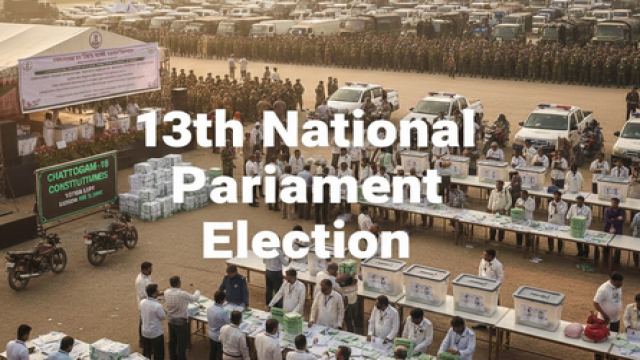Hong Kong, Sept 11 (V7N) - Zhongzhi Enterprise Group, once a dominant force in China’s shadow banking sector, declared insolvency last year. According to records reviewed by Reuters and eight insiders, the company employed aggressive and potentially illegal sales tactics to stay afloat as it neared collapse.
China’s prolonged property boom had elevated Beijing-based Zhongzhi to the pinnacle of the country’s $18 trillion asset-management industry, making it a significant player in a shadow banking sector comparable to the French economy. Asset managers like Zhongzhi offer wealth-management products to investors, with proceeds funneled through licensed trust firms such as its Zhongrong unit to developers and other companies unable to secure bank funding due to poor creditworthiness.
Unreported details reveal that about a year before its financial issues became public, Zhongzhi units were using funds from new investors to pay returns to existing ones, while promising high returns that masked the group’s deepening exposure to the property crisis.
China’s trust firms, known as shadow banks, operate outside many regulations governing commercial lenders. In 2018, China’s top banking regulator mandated that financial institutions, including shadow banks and asset managers, should not establish capital pools to prevent using new sales to cover returns on existing products, nor should they guarantee returns on wealth-management products.
Zhongzhi appears to have breached both regulations, according to two lawyers who reviewed Reuters’ findings. Such violations can lead to fines and prison sentences of up to 10 years.































Comment: